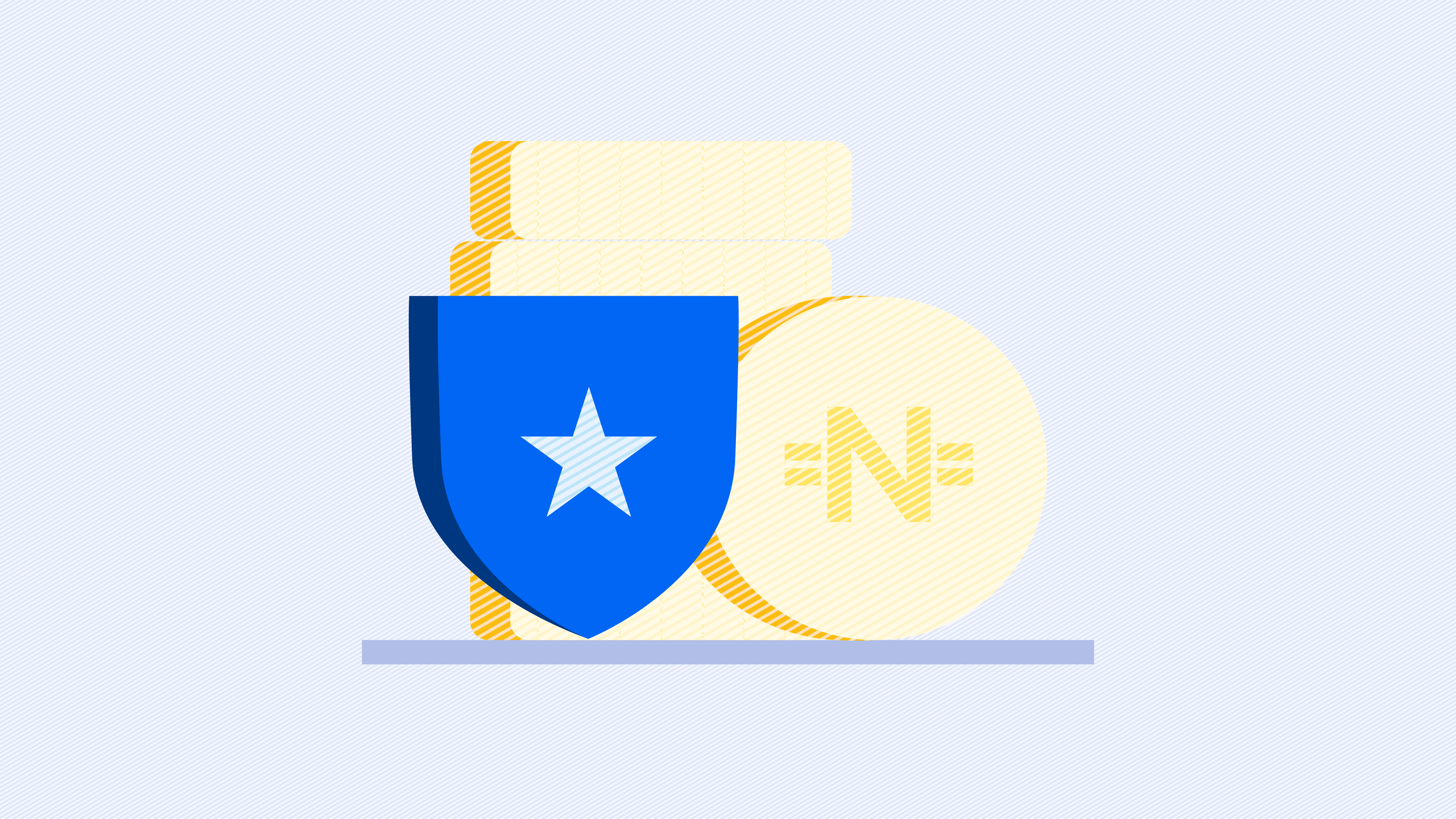
Financial institutions have always placed a high priority on customer protection. However, customers still fall victim to fraud due to several factors ranging from a lack of awareness about emerging online security exploitations to exposing themselves to malicious security threats.
We have identified common patterns from people that expose them to security threats and here are 5 essential ways to protect your financial accounts.
1. Have unique security details
Always use a strong unique password that is not easily guessable to anyone else. Your password should include letters in upper and lower cases, numbers and special characters. Your name and date of birth shouldn’t be used as your password or PIN. Add an extra layer of security to your account by setting up security questions and 2FA.
The answers to your security questions should be easy to remember, but not so obvious that a third party can easily guess. Change your password at least once every three months. Update your app software regularly to stay up to date with the latest security updates from your service providers.
2. Avoid clicking on phishing and suspicious links
A Phishing link is a fake link that appears to be from a trustworthy source. When clicked on, it takes you to a phoney site that requests sensitive information where it can easily be stolen. You might be able to tell a malicious link by looking at its URL.
Other ways to tell if a link is safe are by using a link checker tool, ensuring the site uses HTTPS, looking for legit contact information, etc. The bottom line is to be more observant.
3. Secure your Email
It is essential to always keep your email safe. Hackers can gain access to your financial accounts if they have access to your email. Report suspicious or unauthorized transactions or activities to your financial institutions immediately.
Avoid accessing your emails from third-party devices. If you have to, ensure you log out afterwards. Set up 2FA on your email account as a second level of security.
Use a separate email address for your financial accounts and non-financial accounts. This would be easier to keep track of all email notifications you receive from your financial institutions and quickly notice if there has been suspicious activity.
Take action now => Tap on “Manage Account” on your email account profile, toggle on security to see the devices logged into your email account, and log out of devices you do not recognize or no longer use.
4. Avoid sharing your personal information online or with a third party
Avoid sharing your passwords, and PIN It should be kept confidential at all times. Always contact your financial providers through their verified email addresses, phone numbers and verified social media pages. It’s best to share complaints and make inquiries via DMs instead of the comment sections. Hackers are also on the lookout for this, and can easily disguise themselves as the company you are trying to reach Make it hard for your identity to be stolen
5. Add your BVN and accurate personal details to your financial account profile
This not only establishes your identity but also makes it easier for your financial service providers to identify and prevent any suspicious activity on your account.
Not sharing or selling your BVN to anyone can prevent your financial identity from being stolen. The implication of having your financial identity stolen is that you are liable for any financial crime committed with your identity.
In the case of a stolen phone, immediately temporarily disable access to your financial accounts till you reset and recover all your accounts to prevent third-party access from the stolen devices.
In conclusion…
Empowering yourself and taking control of your financial security requires adopting strong security practices, and being cautious with your personal information, to significantly reduce the risk of falling victim to cybercrime and fraud.
RELATED
How to keep your account safe on Cowrywise
How to Protect your Money Online
